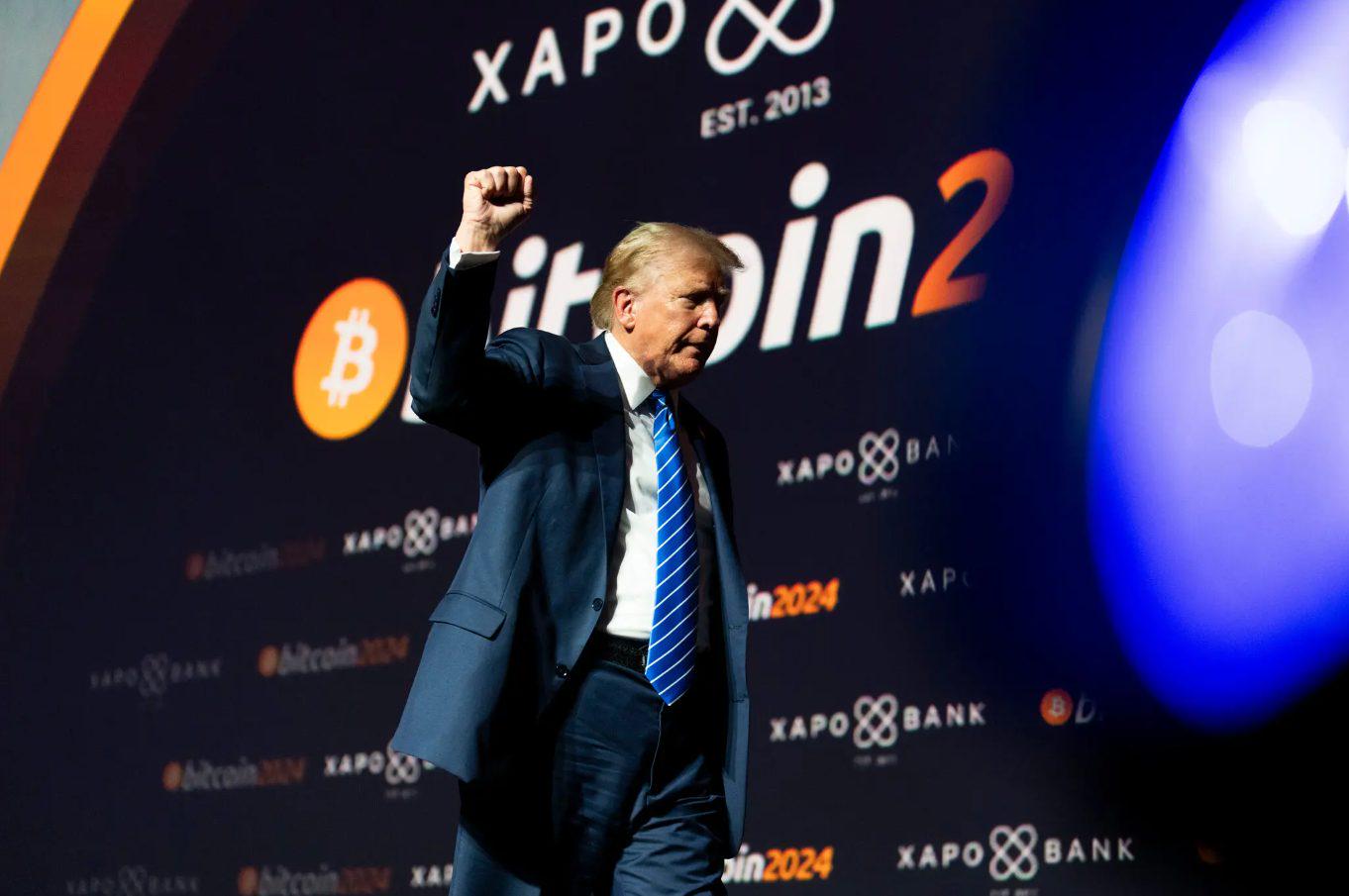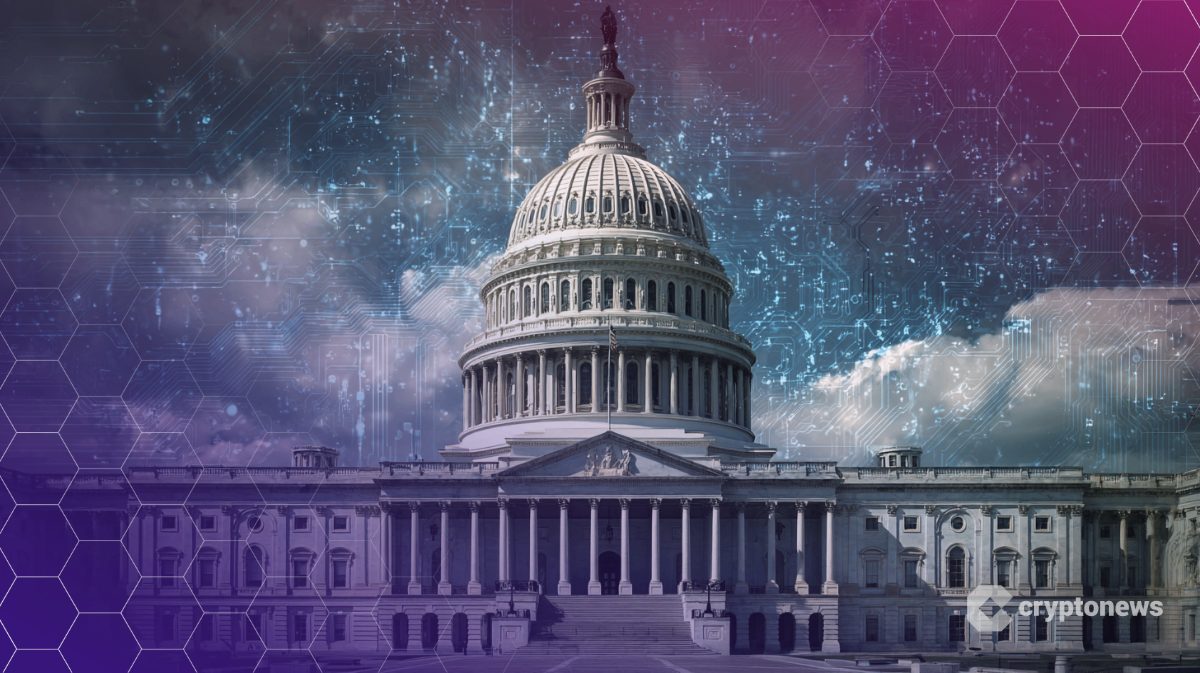Why Was Candy AI So Popular? Features and The Controversy That Led to Its Ban
2025/08/28 16:03
BitcoinWorld
Why Was Candy AI So Popular? Features and The Controversy That Led to Its Ban
This post Why Was Candy AI So Popular? Features and The Controversy That Led to Its Ban first appeared on BitcoinWorld and is written by Keshav Aggarwal
Disclaimer: The articles reposted on this site are sourced from public platforms and are provided for informational purposes only. They do not necessarily reflect the views of MEXC. All rights remain with the original authors. If you believe any content infringes on third-party rights, please contact service@support.mexc.com for removal. MEXC makes no guarantees regarding the accuracy, completeness, or timeliness of the content and is not responsible for any actions taken based on the information provided. The content does not constitute financial, legal, or other professional advice, nor should it be considered a recommendation or endorsement by MEXC.
Share Insights
You May Also Like

XRP ETF Buzz Accelerates — MAGACOIN FINANCE Presale Catches Trader Momentum
Detail: https://coincu.com/pr/xrp-etf-buzz-builds-magacoin-finance-presale-gains-trader-momentum/
Share
Coinstats2025/08/29 10:14
Share

Trump Media Group follows MicroStrategy to launch $2.5 billion Bitcoin vault plan, the presidential family plays with financial tools
The Trump family's calculations in the cryptocurrency circle are getting louder and louder. On the evening of May 27, Trump Media and Technology Group announced that it would launch a financing plan of up to $2.5 billion to include Bitcoin in the company's treasury assets. The company has reached a subscription agreement with about 50 institutional investors and plans to raise funds by issuing about $1.5 billion in common stock and $1 billion in zero-interest convertible bonds.
Share
PANews2025/05/28 10:00
Share

Cynthia Lummis Urges Congress to Fast-Track GENIUS Act, Warns Crypto Leadership at Stake
Senator Cynthia Lummis (R-WY) is putting pressure on Congress to pass clear crypto legislation on the heels of the Senate’s approval of the GENIUS Act on June 17. Cynthia Lummis Makes A Case For Crypto Giving remarks on Capitol Hill on Tuesday, Lummis argued that while the successful Senate vote brought the U.S. “one step closer to being a welcoming home for digital assets,” Congress still needs to pass market structure legislation as a whole in order to make the U.S. the global “crypto capital.” Today brings us one step closer to becoming a welcoming home for digital asset companies. Now, let’s finish the job & pass market structure legislation to fulfill @POTUS ' vision of becoming the crypto capital of the world. pic.twitter.com/tyz6Kbc5qK — Senator Cynthia Lummis (@SenLummis) June 18, 2025 “The success of the GENIUS Act hinges on comprehensive market structure legislation that protects consumers, establishes transparency, and creates clearly defined trading regulations,” Lummis said. “Congress must act quickly.” Lummis further claimed that working on crypto market structure policy has begun “in earnest,” with draft legislation and Senate hearings on the topic to come within the next few weeks. “This is only the first step,” Lummis said. “Congress must pass comprehensive market structure legislation in the coming months that draws a line between the security and commodity and creates a pathway for digital assets to register with the Commodity Futures Trading Commission (CFTC).” The GENIUS Act Heads To The House The GENIUS Act advanced past the Senate in a 68-30 vote on Tuesday despite partisan division over the stablecoin bill’s passage . Senator Elizabeth Warren (D-MA) urged her fellow U.S. lawmakers to vote no on the legislation, citing concerns related to U.S. President Donald Trump’s cryptocurrency ventures. The Donald Trump-affiliated crypto platform World Liberty Financial recently announced the launch of its own stablecoin known as USD1, sparking backlash from his political opponents. “A bill that turbocharges the stablecoin market, while facilitating the President’s corruption and undermining national security, financial stability, and consumer protection is worse than no bill at all,” Warren said in a May press release . Despite the pushback, the GENIUS Act will now head to the House of Representatives.
Share
CryptoNews2025/06/19 06:44
Share